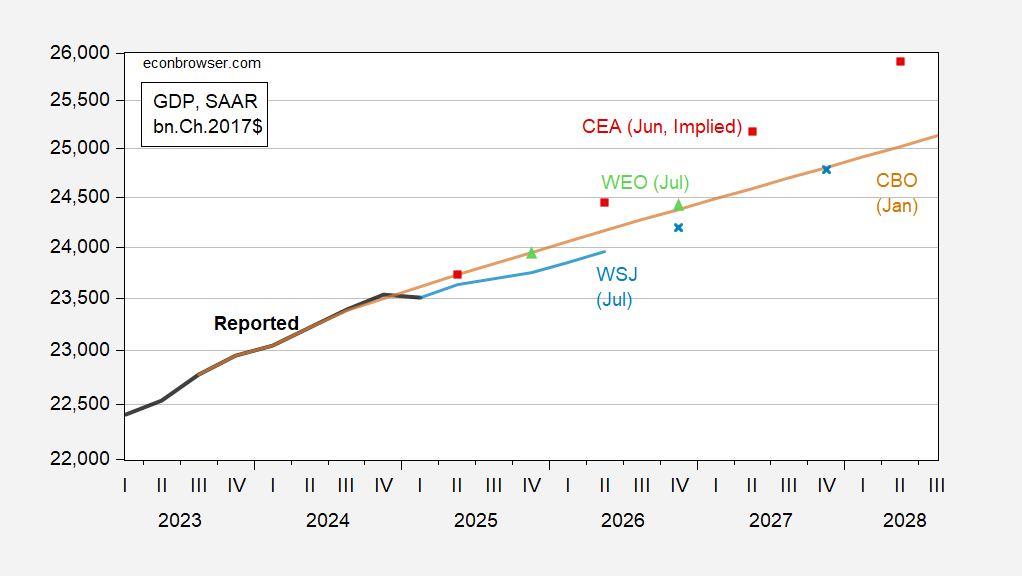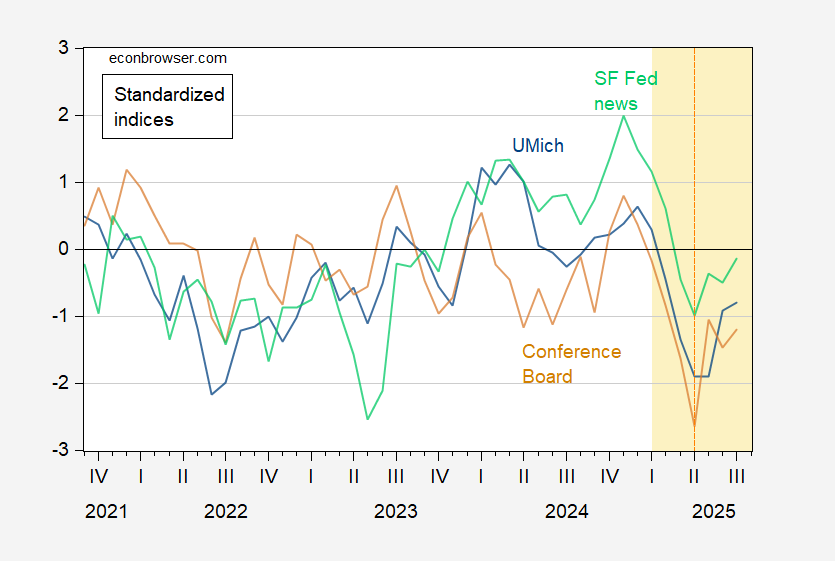
1801. Design Your Own Rug!
A personal account of designing a custom rug that combines traditional Afghan art with scientific motifs, emphasizing quality, affordability, and supporting local weavers.
your daily dose of economic commentary

A personal account of designing a custom rug that combines traditional Afghan art with scientific motifs, emphasizing quality, affordability, and supporting local weavers.

The post analyzes inflation-adjusted house prices and the price-to-rent index, noting their current status relative to 2022 peaks and historical trends.

Paul Krugman critiques the European Union's ineffective response to Trump's trade policies, highlighting empty promises regarding investments and energy imports.

An argument that sweatshops, despite their poor conditions, provide significant economic benefits and opportunities for workers in developing countries, outweighing the negatives associated with them.

Scott Horsley discusses the U.S. economy's 3% growth in the second quarter and how tariffs affect the economic outlook.

Mortgage applications fell significantly, with both purchase and refinance activity declining due to economic uncertainty affecting homebuyer decisions.

The post discusses Trump's pressure on the Federal Reserve to cut interest rates and the significance of the Fed's independence in this context.

Scott Horsley discusses the Federal Reserve's likely decision to maintain interest rates amid pressure from President Trump to lower them.
The author reflects on a seven-week solo trip through Southeast Asia in 1988, sharing experiences, observations, and lessons learned about culture, tourism, and personal growth.

An argument that government regulations may protect the interests of the wealthy rather than the general public, questioning the necessity of certain licensing requirements.

Menzie Chinn analyzes global economic forecasts from various institutions, highlighting growth projections, inflation expectations, and associated risks for 2025 and 2026.

Timothy Taylor discusses the factors behind global trade imbalances in 2024, highlighting the roles of investment levels and government borrowing in the US versus China and the euro area.

Nate Silver discusses the media's obsession with the Epstein case and its potential political implications for Trump, contrasting public interest with political reporting.

Menzie Chinn discusses the slight improvement in the Conference Board Consumer Confidence Index and its implications for economic expectations and recession signals.

Sydney Lupkin discusses how compounding pharmacies are impacting sales of Novo Nordisk's obesity drug Wegovy by producing copies of the medication.

The author discusses various stories that illustrate economic principles and their applications in everyday life, along with insights on teaching economics.
![[Rerun] Rocío Titiunik, Political Scientist and Quantitative Methodologist, Princeton](https://substackcdn.com/image/fetch/$s_!SJTY!,w_1456,c_limit,f_auto,q_auto:good,fl_progressive:steep/https%3A%2F%2Fsubstack-post-media.s3.amazonaws.com%2Fpublic%2Fimages%2Fe3f9f546-61db-47a8-b9db-d52958747004_1792x1024.heic)
An interview highlights Rocío Titiunik's contributions to political science, her journey in academia, and her insights on quantitative methods and causal inference.

The post discusses the EPA's proposal to weaken greenhouse gas regulations, impacting car emissions and pollution standards.

The post explores a book analyzing the concept of "wokeness," its historical context, and the contradictions exhibited by elite students in response to political events.

The post reflects on Marc Maron's feelings about ending his podcast and the meaningful conversations it provided.